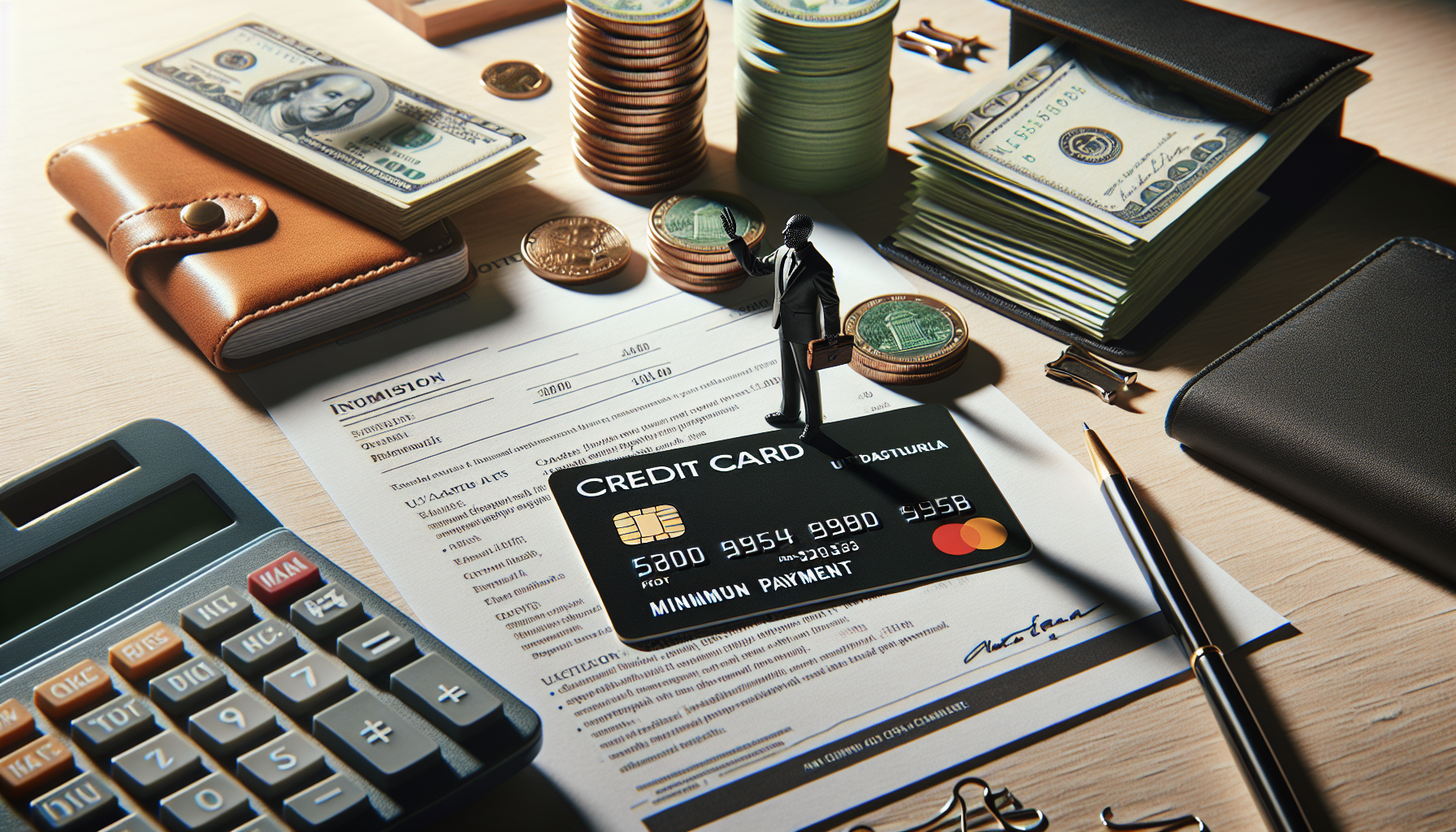Understanding Credit Card Requirements at 18
Turning 18 is an exciting milestone that opens up new opportunities and responsibilities, including the ability to apply for a credit card. However, it’s essential to understand the requirements and limitations for obtaining a credit card at this age. The Credit CARD Act of 2009 sets specific guidelines for young adults seeking credit.
While having a credit card at 18 can be a great way to start building a credit history, it’s crucial to approach credit responsibly. Understanding the requirements and options available can help you make informed decisions about your financial future.
Age Requirements for Credit Cards
The Credit CARD Act of 2009 established specific age requirements for obtaining a credit card. If you’re under 21, you must have either a co-signer or proof of independent income sufficient to repay the credit card debt. This law aims to protect young adults from accumulating unmanageable debt before they have the means to repay it.
Once you turn 21, the restrictions on independent income or having a co-signer no longer apply. However, credit card issuers will still consider your credit history, income, and other factors when determining your eligibility for a card.
Income Requirements for Credit Cards at 18
To qualify for a credit card at 18 without a co-signer, you must have sufficient income to demonstrate your ability to repay the debt. This income can come from various sources, such as a part-time job, scholarships, grants, or allowances from parents.
Credit card issuers will typically ask for your income information on the application. Be honest about your income, as providing false information can lead to legal consequences. Keep in mind that credit card issuers will also consider your debt-to-income ratio when evaluating your application.
Credit Card Options for 18 Year Olds
While the Credit CARD Act of 2009 sets limitations on credit cards for 18 year olds, there are still several credit card options available. These include secured credit cards, student credit cards, and becoming an authorized user on someone else’s credit card account.
Secured Credit Cards
Secured credit cards are designed for individuals with limited or no credit history. These cards require a security deposit, which typically determines your credit limit. For example, if you put down a $500 deposit, your credit limit will usually be $500.
Using a secured credit card responsibly by making on-time payments and keeping your balance low can help you establish a positive credit history. Many secured credit cards will review your account after a certain period and may offer to upgrade you to an unsecured card, refunding your deposit if you’ve demonstrated responsible credit use.
Student Credit Cards
Student credit cards are designed for college students who may have limited income and credit history. These cards often have lower credit limits and may offer rewards geared towards student spending habits, such as cashback on textbooks or dining.
To qualify for a student credit card, you typically need to provide proof of enrollment in an eligible educational institution and have some form of income, such as a part-time job or allowance from parents. Responsible use of a student credit card can help you build a strong credit foundation for the future.
Authorized User Status
Another option for building credit at 18 is becoming an authorized user on someone else’s credit card account, such as a parent or guardian. As an authorized user, you’ll receive a card with your name on it that is linked to the primary cardholder’s account.
The primary cardholder is responsible for making payments, but your credit activity will be reported to the credit bureaus, helping you establish a credit history. Keep in mind that any negative activity on the account, such as late payments or high balances, can also impact your credit score.
Building Credit History at 18
Building credit at 18 is crucial for setting yourself up for future financial success. A strong credit history can make it easier to rent an apartment, secure a car loan, or even land a job. Starting early gives you more time to establish a positive credit track record.
Importance of Starting Young
The length of your credit history is one of the factors that contribute to your credit score. By starting to build credit at 18, you give yourself a head start in establishing a longer credit history, which can positively impact your credit score over time.
Additionally, having a credit history can make it easier to access financial products and services in the future, such as mortgages, car loans, and premium credit card offers. Starting early can help you qualify for better rates and terms down the road.
How to Establish Credit History
There are several ways to establish credit history at 18. One of the most effective methods is by using a credit card responsibly. This means making on-time payments, keeping your balance low, and avoiding applying for too many cards at once.
Other ways to build credit include:
- Taking out a credit-builder loan
- Becoming an authorized user on someone else’s credit card
- Paying rent and utility bills on time (if reported to credit bureaus)
- Responsibly managing student loans
Remember, building credit is a marathon, not a sprint. Consistency and responsible habits over time are key to establishing a strong credit foundation.
Tips for Responsible Credit Card Use at 18
Getting a credit card at 18 is a big responsibility. It’s essential to use your card wisely to avoid falling into debt and damaging your credit score. Here are some tips for responsible credit card use:
Spend Within Your Means
One of the most important rules of responsible credit card use is to spend within your means. Just because you have a credit limit doesn’t mean you should max out your card. Create a budget and stick to it, only charging what you can afford to pay off each month.
A good rule of thumb is to keep your credit utilization (the amount of credit you’re using compared to your credit limit) below 30%. This shows lenders that you can manage credit responsibly without relying too heavily on it.
Pay Your Balance in Full
To avoid interest charges and build a strong payment history, aim to pay your credit card balance in full each month. Carrying a balance from month to month can lead to high interest charges and make it harder to pay off your debt.
If you can’t pay the full balance, always make at least the minimum payment by the due date. Late payments can result in fees and damage your credit score.
Monitor Your Credit Utilization
Your credit utilization ratio is the amount of credit you’re using compared to your total credit limit. It’s a significant factor in your credit score, so it’s essential to keep it low.
Aim to keep your credit utilization below 30% to show lenders that you can manage credit responsibly. For example, if you have a $1,000 credit limit, try to keep your balance below $300.
Avoid Late Payments
Late payments can have a significant negative impact on your credit score and may result in fees and higher interest rates. To avoid late payments:
- Set up automatic payments for at least the minimum amount due
- Create reminders for payment due dates
- Pay more than the minimum whenever possible
- Contact your issuer if you’re having trouble making payments
By following these tips and using your credit card responsibly, you can build a strong credit foundation that will serve you well in the future.
See also:




